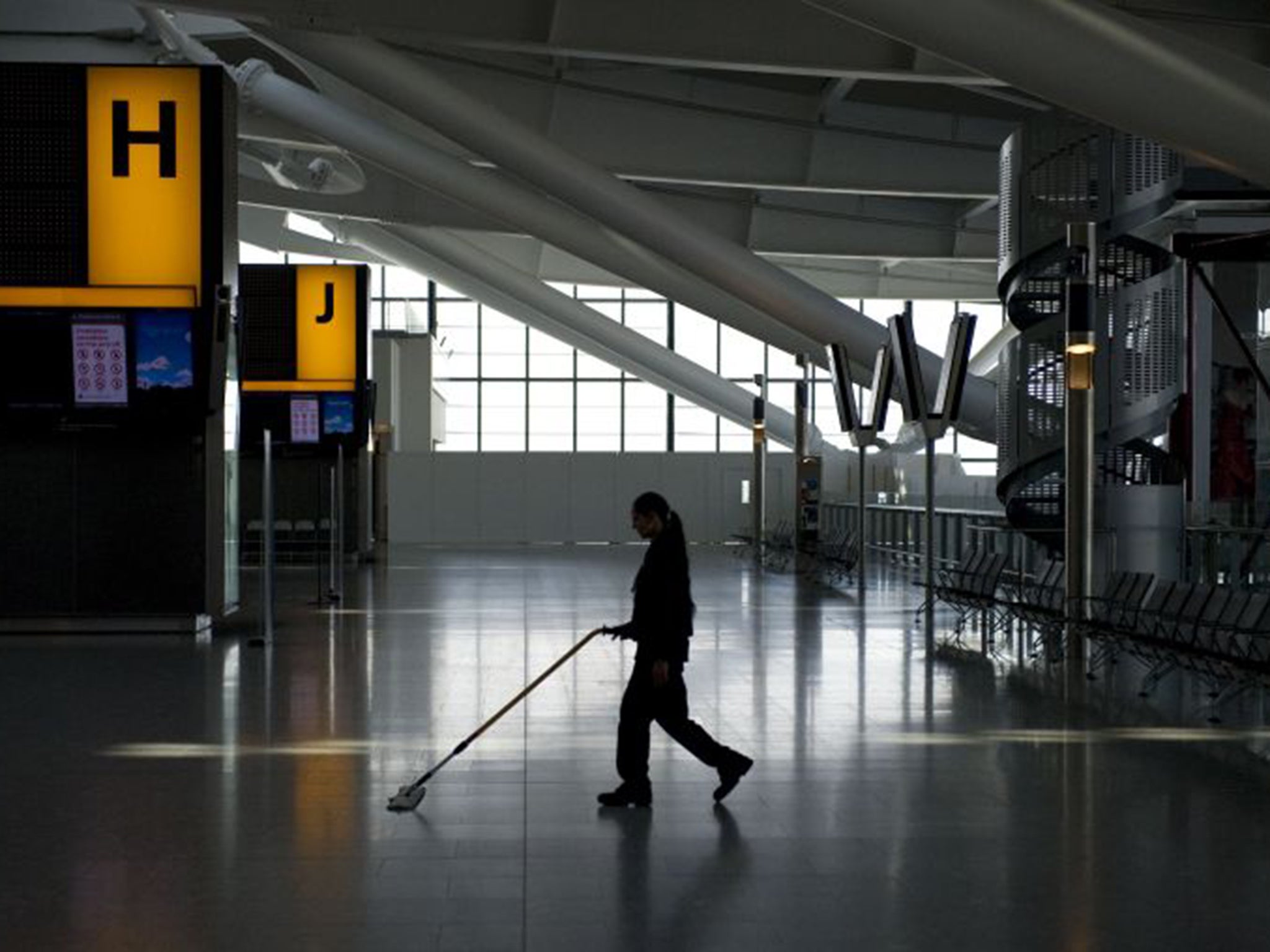Your support helps us to tell the story
From reproductive rights to climate change to Big Tech, The Independent is on the ground when the story is developing. Whether it's investigating the financials of Elon Musk's pro-Trump PAC or producing our latest documentary, 'The A Word', which shines a light on the American women fighting for reproductive rights, we know how important it is to parse out the facts from the messaging.
At such a critical moment in US history, we need reporters on the ground. Your donation allows us to keep sending journalists to speak to both sides of the story.
The Independent is trusted by Americans across the entire political spectrum. And unlike many other quality news outlets, we choose not to lock Americans out of our reporting and analysis with paywalls. We believe quality journalism should be available to everyone, paid for by those who can afford it.
Your support makes all the difference.The number of people on zero hours contracts recorded by official statistics has sharply increased in the last year, according to the Office for National Statistics.
There were 744,000 people working in contracts that do not guarantee a minimum number of hours between April to June 2015, the ONS said.
This amounts to 2.4 per cent of people in employment, or approximately one-in-forty people with a job.
The figures posted a substantial rise from the same period last year when 624,000 or 2.0 per cent of people in employment were recorded as being on a zero-hours contract.
The year-on-year increase is roughly 19.2 per cent.
The ONS however warned that part of the rise could be due to increased recognition of the term “zero hours contract”.
“It is not possible to say how much of this increase is due to greater recognition of the term ‘zero hours contracts’ rather than new contracts,” the organisation explained in the summary to its statistical release.

The Government has defended zero hours contracts, with welfare secretary Iain Duncan Smith arguing in their favour.
“Zero hour contracts are badly named – I don’t know whoever came up with that idea, they should be named the flexible hours contracts,” he told Sky News in April.
He added that the contracts help people strike a good “work-life balance”.
Critics say the contracts allow employers to exploit workers and mean that people cannot rely on receiving enough wages to pay the bills despite needing to be constantly available for work.
At the last election Labour said it would give zero-hours employees the power to ask for a full contract if they worked regular hours for three months.
The Green Party says it wants to emulate the German contract system where a quarter of the hours in a contract can be flexible but that employers have to give workers a base number of hours.
The Coalition government removed employers’ ability to include “exclusivity clauses” in zero hours contract, though in practice anyone on a contract can still be refused work for any reason.
The Trades Union Congress estimates that average weekly earnings for zero-hours workers are just £188, compared to £479 for permanent workers.
39 per cent of zero-hours workers earn less than £111 a week – the qualifying threshold for statutory sick pay – compared to just 8 per cent of permanent employees.
Frances O’Grady, general secretary of the TUC, said zero-hours contracts are "a stark reminder of Britain’s two-tier workforce".
“People employed on these contracts earn £300 a week less, on average, than workers in secure jobs," she said.
“I challenge any minister or business leader to survive on a low-paid zero-hours contract job, not knowing from one day to the next how much work they will have.
“Try telling zero-hours workers who have been turned down by mortgage lenders and landlords that they are getting a good deal. We need a stronger and fairer recovery that works for everyone, not one that forces people to survive off scraps of work.”

Join our commenting forum
Join thought-provoking conversations, follow other Independent readers and see their replies
Comments